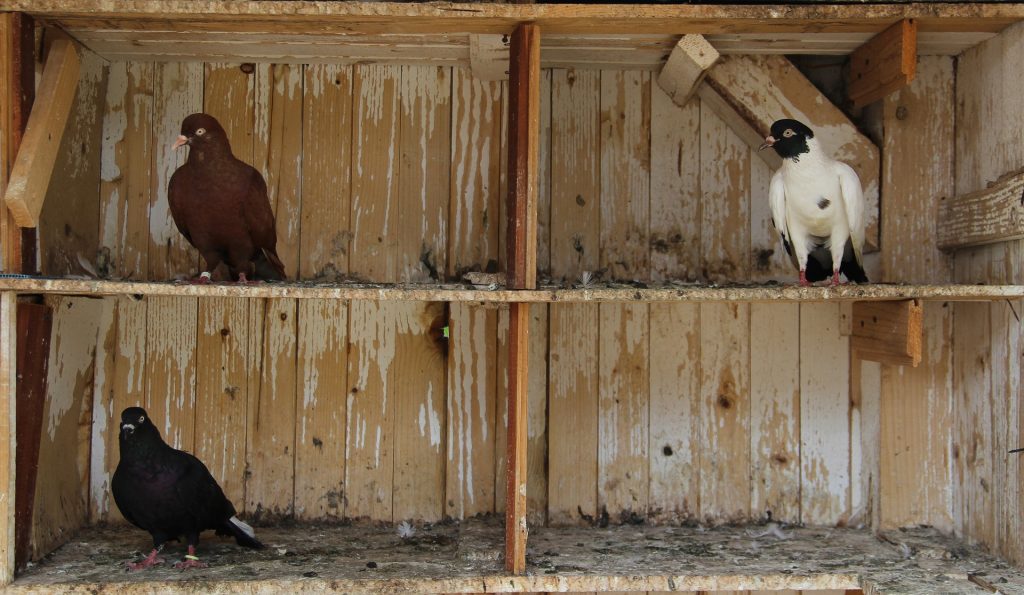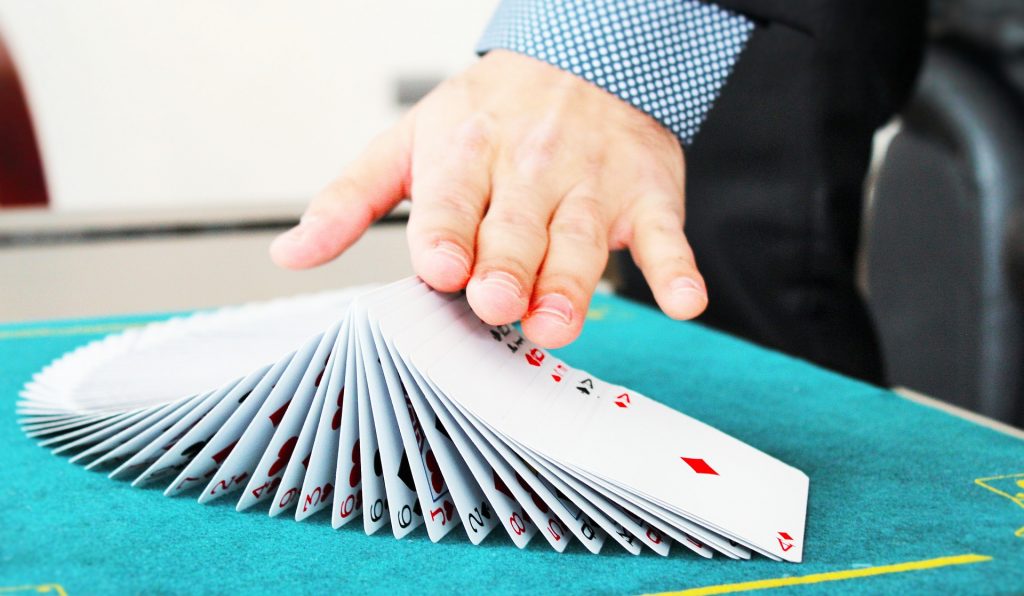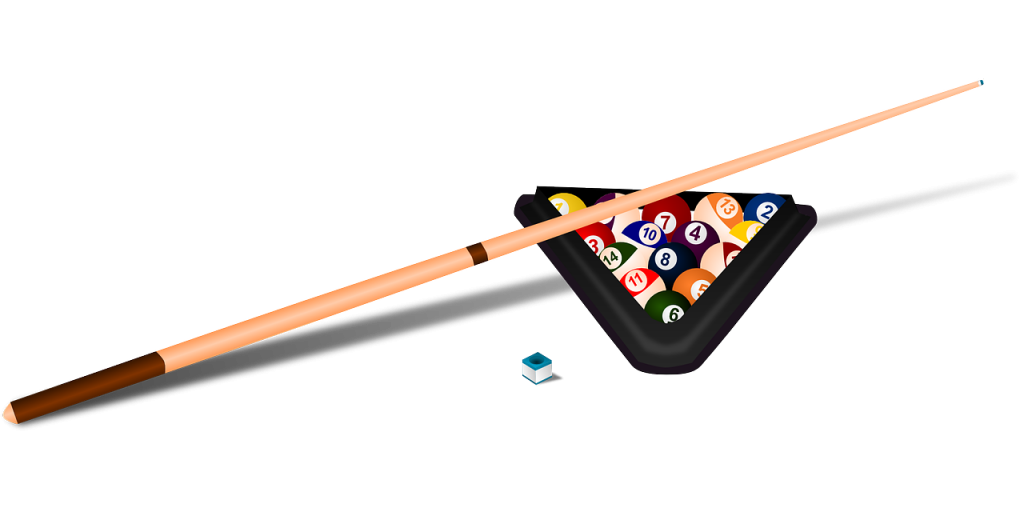
Although many common phrases have become clichés, if we use them in our writing, we should use the right word for the meaning of the phrase. Here’s a list of phrases writers often misuse.
Often Misused Phrases
Another think coming not another thing coming. Comes from, “If you have an incorrect thought, you’d better think again.”
Bated breath not baited breath. One doesn’t bait their breath with worms.
By accident not on accident. The first means accidently. On accident is common in speaking, but considered incorrect in writing.
Case in point not case and point. You’re about to give an example to reinforce your point.
Champing at the bit not chomping at the bit. Champ means to chew noisily.
Could have/should have not could of/ should of. The contractions could’ve/should’ve throw us off.
Couldn’t care less not could care less, unless you mean you could care even less than you do.

Did a complete 180 not did a complete 360. For turning completely away from something, you wouldn’t turn in a circle to where you started.
Enamored of not enamored by, because then the person after the by thinks a lot of you.
Exact revenge not extract revenge. Exact compels to furnish or call for revenge. Extract pulls out revenge.
Fall by the wayside not fall by the waste side. The meaning isn’t to fall in a trash pile.
For all intents and purposes not for all intensive purposes, unless you intend to say the purposes are intense.
Hear, hear not here, here. The phrase was originally a cheer for “hear him, hear him.”
Hold your peace not hold your piece. (See say your piece)

Home in not hone in. Home in like homing pigeons direct themselves to their home targets.
In regard to not in regards to. The plural is found in as regards, which also means with respect to.
Loath to not loathe to. Loathe means to dislike greatly. Loath means to be unwilling or reluctant.
On tenterhooks not on tender hooks. Hooks aren’t tender.
One and the same not one in the same. The first says two things are the same; the second says a thing is inside itself.
Repository of information not suppository of information. Suppository is something you insert. [Smile.]
Say your piece not say your peace. (See hold your peace.)
Self-deprecating not self-depreciating. Undervaluing oneself not ones value is diminishing.

Sleight of hand not slight of hand. Sleight means trick or dexterity. Slight means slender.
Sneak peek not sneak peak. It means an opportunity to see something before it’s officially available.
Statute of limitations not statue of limitations. Statute is a law enacted by a legislative body; statue is a body made of a solid substance.
Supposed to not suppose to. The d gets dropped often when speaking the phrase and confuses the written phrase.
Toe the line not tow the line. Athletes are required to place their toes to the starting line. When someone toes the line, they’re doing what’s expected—an accepted standard.
Used to not use to. (See supposed to.)
Waiting for not waiting on. Wait for a friend versus wait on a customer.
Whet your appetite not wet your appetite. Whet means stimulate.
Wreak havoc not wreck havoc. Wreck would destroy the havoc.
What are other phrase you’ve seen written incorrectly?
Suddenly unemployed, Allie Masterson returns home to Cary, North Carolina where she caddies for her father on the PGA Seniors Tour. There, she encounters a man who possesses an alluring gift of reading the contours of the green. Fascinated with his uncanny ability, Allie is excited to meet the Green Whisperer—until she discovers that the easygoing caddy is actually Shoo Leonard, the boy who teased her relentlessly when they were kids. Despite Allie’s reservations, when Shoo is faced with having to overcome a hand injury, she agrees to use her sport science degree to become his trainer…and then she falls for him.
Shoo Leonard is grateful to Allie for her singular determination to get him ready for the PGA tour, but he isn’t ready for anything more. Still raw from a broken engagement and focused on his career, he’s content to be her fist-bumping buddy…but then he falls for her.
What seems like a happily-ever-after on the horizon takes a turn when Allie decides she’s become a distraction to Shoo’s career. Is it time for her to step away or can The Putting Green Whisperer find the right words to make her stay?










 RSS - Posts
RSS - Posts